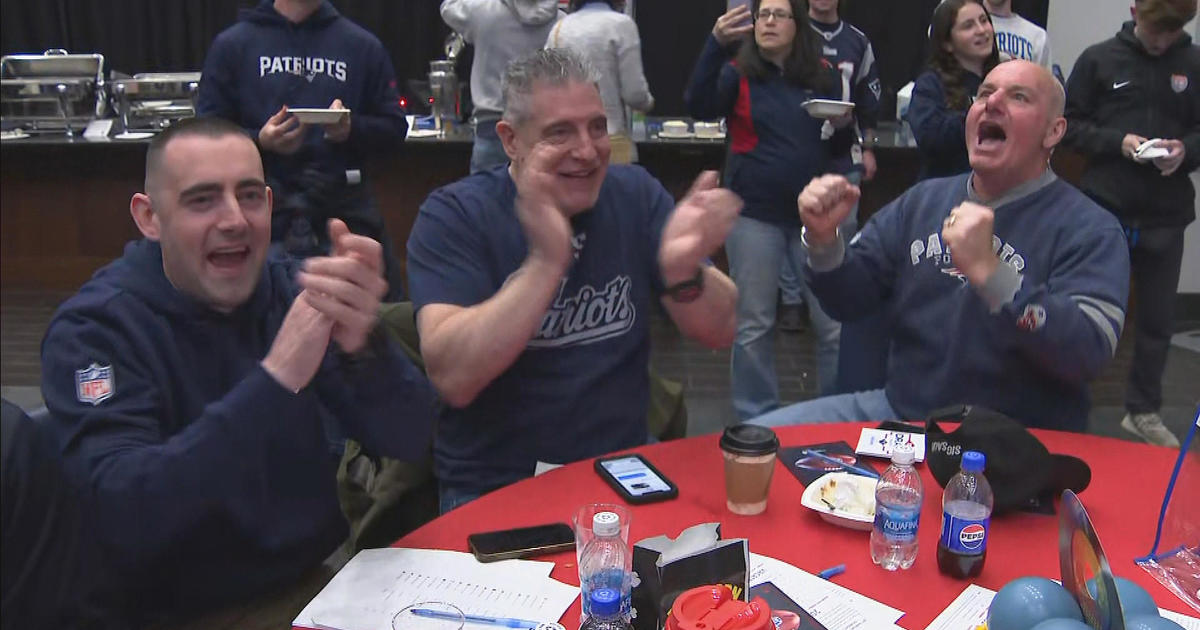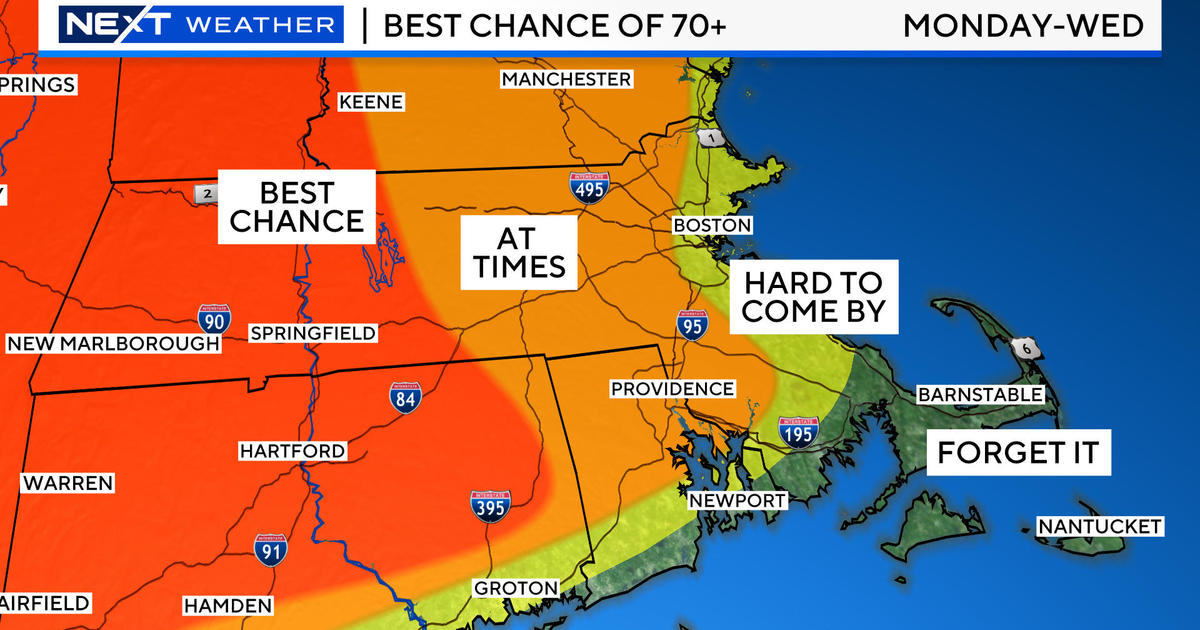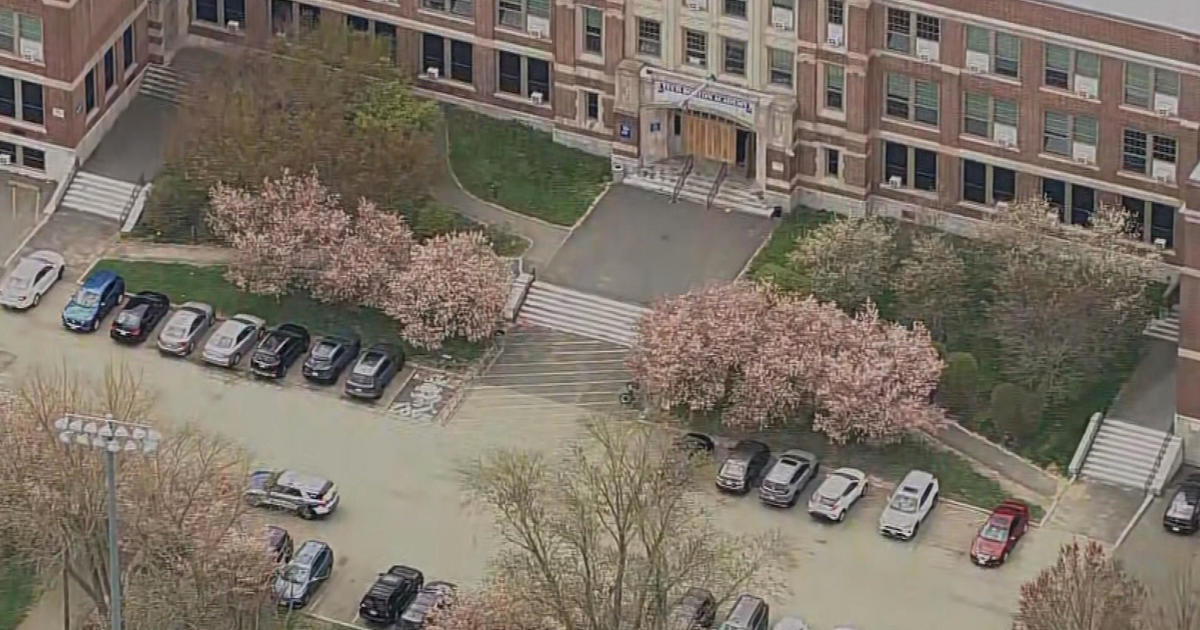Keller @ Large: Some Things About Political Process Are Unfair
BOSTON (CBS) -- The tweet in my inbox last night from David in East Kingston, New Hampshire had a stunned, plaintive quality. "Please explain," he wrote, "how Bernie crushes Hillary in New Hampshire, but she walks away with more delegates."
David, according to The Hill newspaper, Sanders did indeed win 15 delegates on Tuesday compared with nine for Clinton. But she already has the backing of six superdelegates, party officials who are free to go with any candidate they choose regardless of the vote. Some of them could and perhaps will switch to Sanders later on, but those are the rules.
Think that's unfair? I'm sure you've got plenty of company. But there are plenty of things about our political process that could be considered unfair. The disproportionate media coverage Donald Trump has enjoyed, the obsessive focus on gaffes and personality at the expense of substance, and the role that big money plays in the race, just to name a few.
But all this unfairness just places greater importance on how you, the voter, factor fairness into your decision-making.
A friend of mine once said he took the measure of political candidates by asking himself: if I were lying on the sidewalk bleeding, would he or she stop to help me or step over me and keep on walking? And I think that's a pretty good way to go about it.
As we approach our turn to vote in Massachusetts on March 1, ask yourself: which of them would be most likely to treat me and my interests fairly when push comes to shove?
And keep in mind, in our state, we have no "none of the above" line on the ballot.



